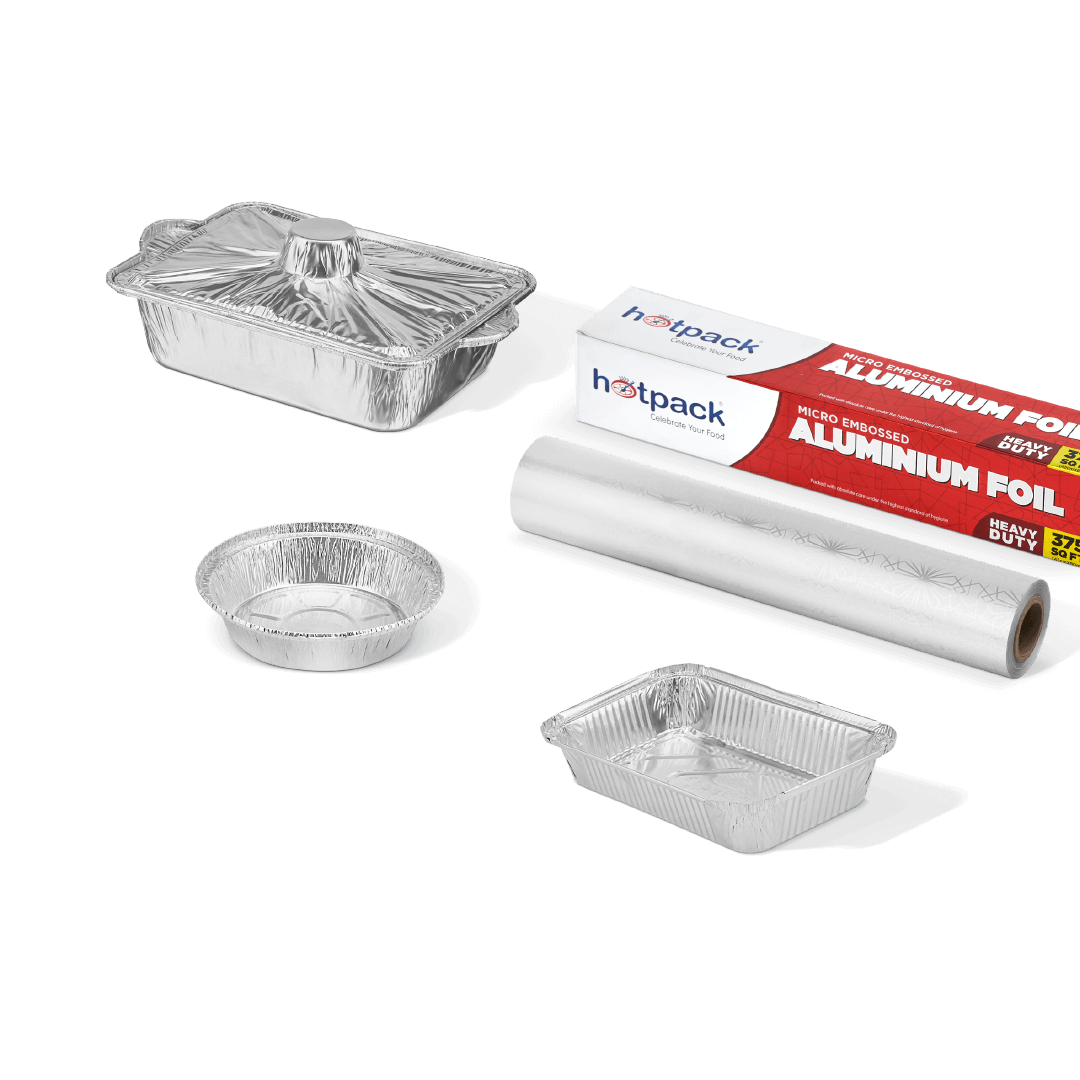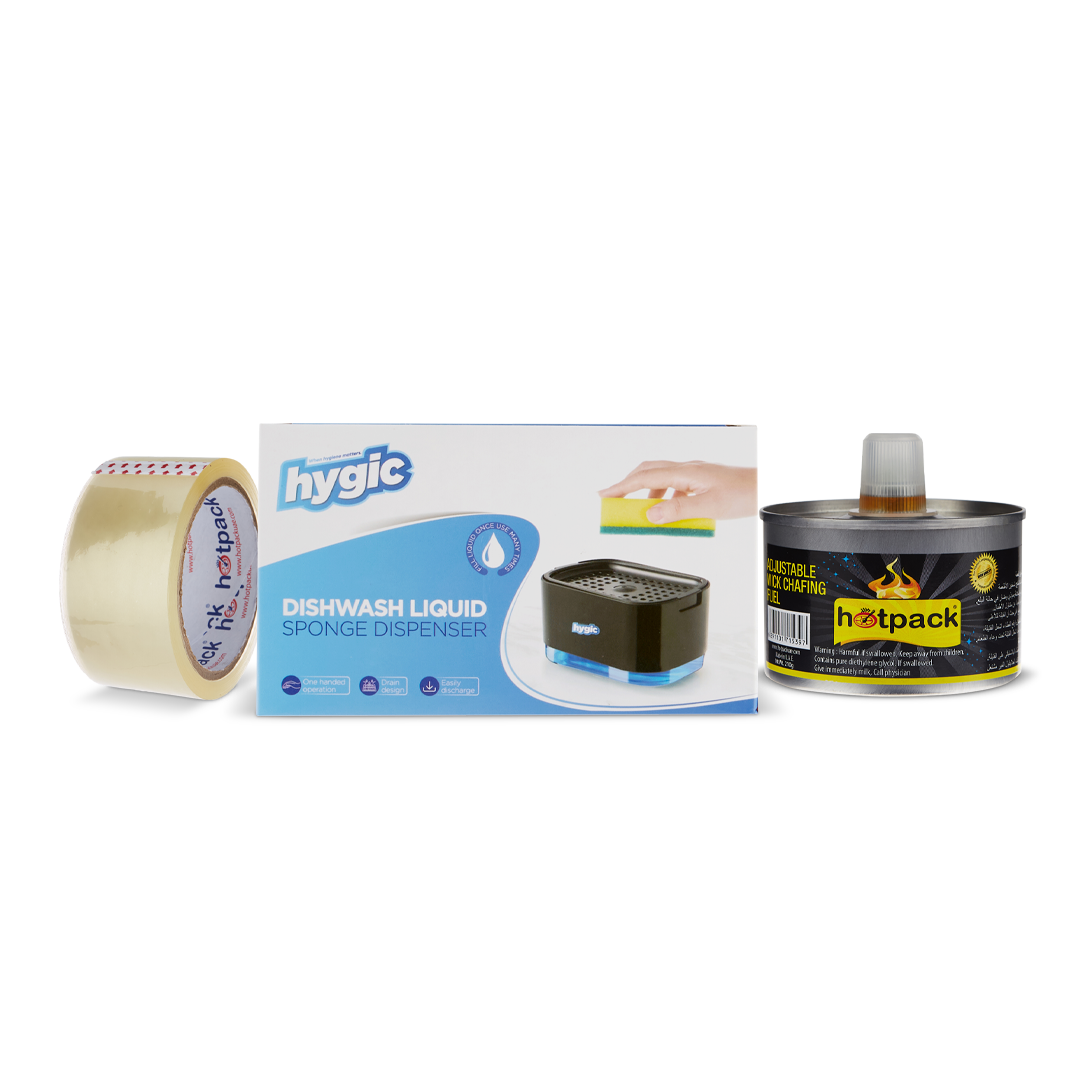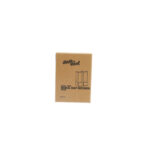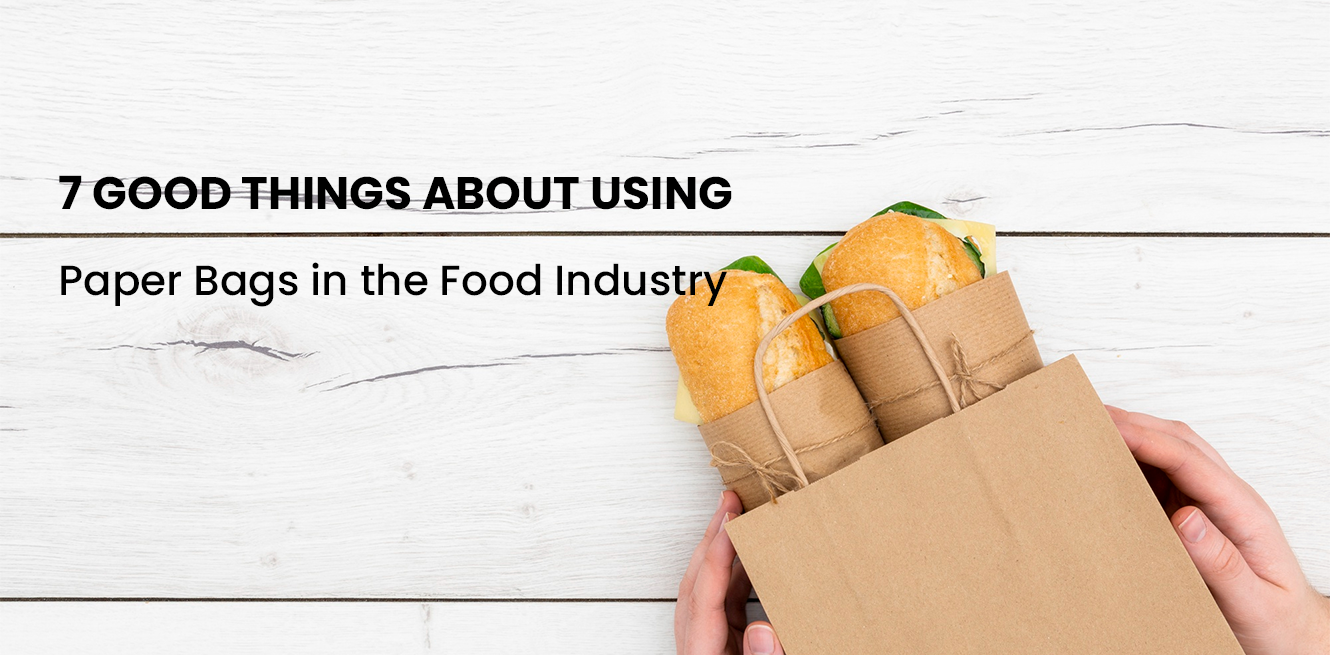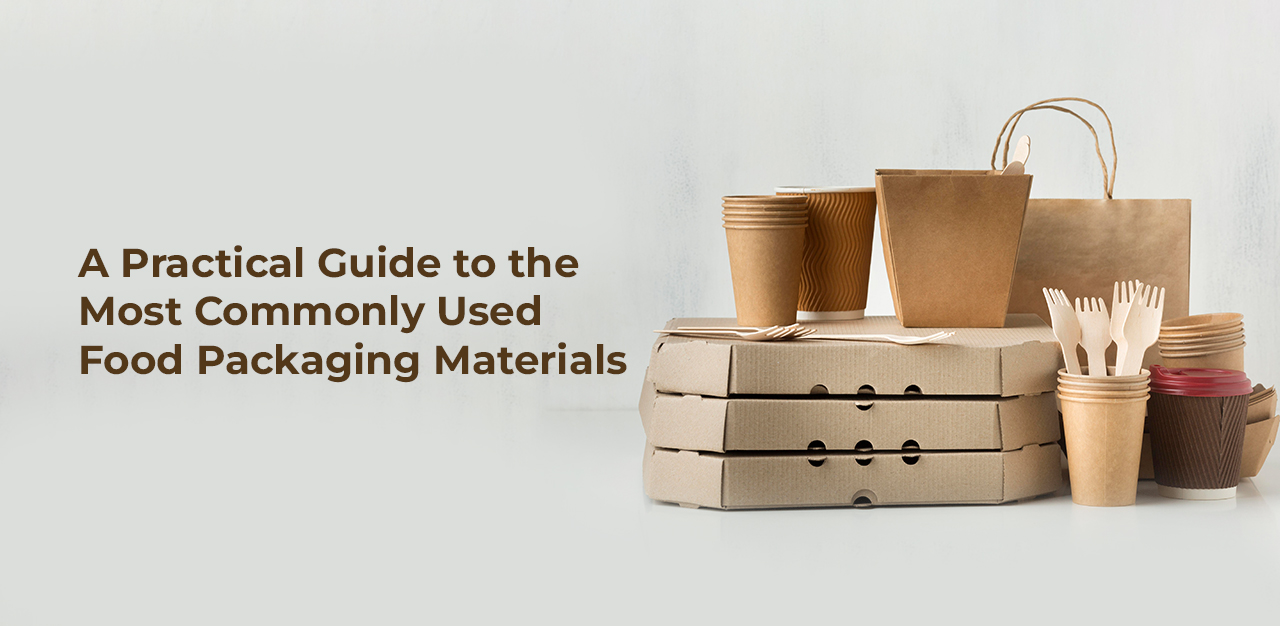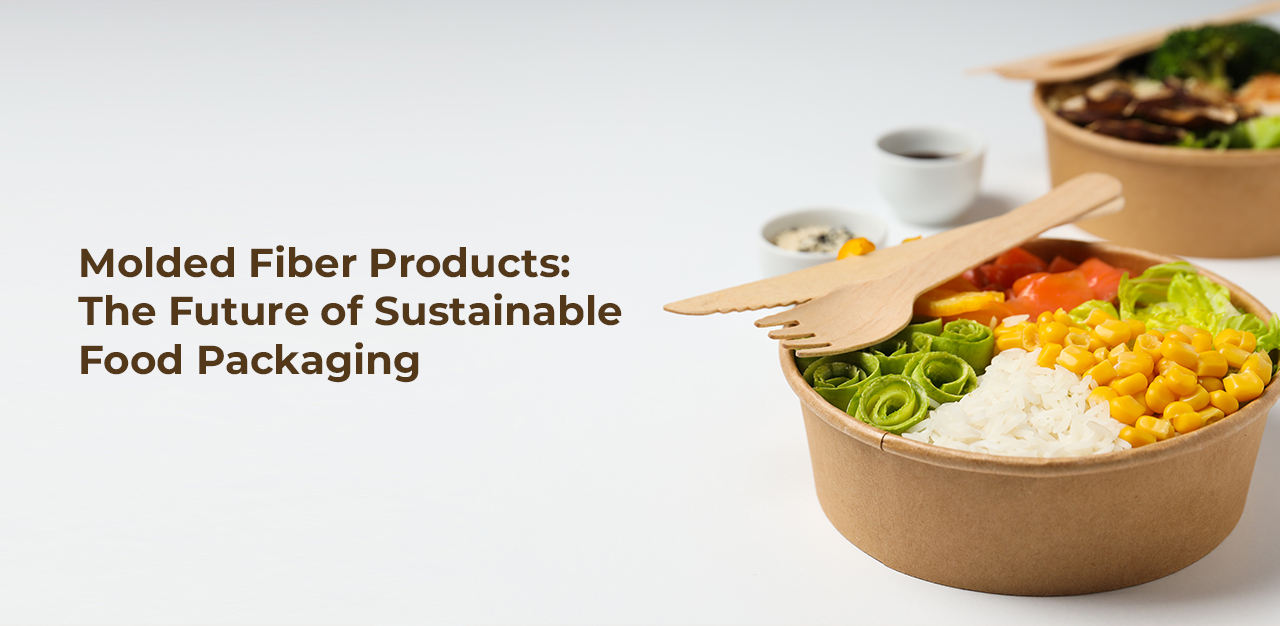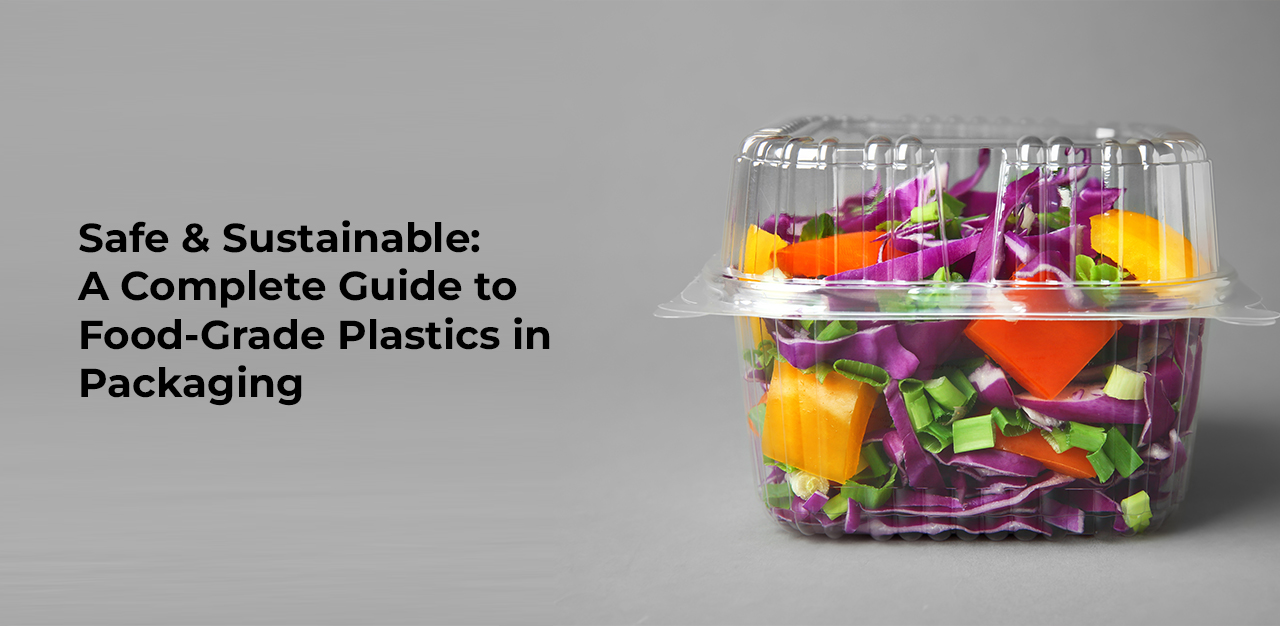The food sector is going through a revolutionary change when the globe struggles with environmental issues. Disposable brown paper bags become understated yet potent emblems of change amid this paradigm transition. These environmentally responsible options change how we present, deliver, and enjoy culinary pleasures. An in-depth analysis of seven dynamic pairs of advantages that paper bags provide for the food business is done in this investigation. Let’s explore the wonderful advantages that paper bags bring to this changing market, from maintaining culinary purity to promoting brand neutrality.
- Sustainable Development and Renewable Resources: Disposable brown paper bags are a renewable resource and act as missionaries of environmental harmony, representing a move away from plastic that echoes the urgent plea for sustainability. The biodegradability of paper bags becomes a crucial answer as the plastic pollution situation worsens. Paper bags gracefully disintegrate, leaving no lingering traces in the environment, unlike their plastic cousins, which linger there for millennia. This trait contributes to the long-term sustainability of our world while simultaneously addressing the current issue of garbage accumulation. This innate sustainability isn’t just a trait but a deliberate decision highlighting the food industry’s dedication to minimizing its environmental impact. Businesses may connect with nature’s equilibrium, where resources are managed wisely and harmoniously, and pave the road for a greener future by using disposable brown paper bags.
- Protectors of temperature and culinary integrity: Maintaining culinary integrity is essential in the complex world of cuisine. With their porous and airy nature, disposable brown paper bags are up to the task. The texture, flavor, and presentation of the food inside are maintained by the paper’s composition, which permits a delicate exchange of air. Paper bags ensure that the dish’s flavor reaches the customer’s tongue intact, whether it is a crispy treat or a succulent delicacy. Temperature regulation improves its function even further. Paper bags are skilled temperature keepers, retaining a dish’s perfect serving temperature. These bags act as a buffer against outside changes, whether the warmth of a warming soup or the coolness of a cool dessert. Thanks to this dual purpose, paper bags are transformed into culinary stewards, which upholds the chef’s vision and guarantees that every meal is enjoyed as intended.
- Minimalist Elegance and Brand Neutrality: Disposable brown paper bags’ understated elegance is a breath of fresh air in a world dominated by flamboyant branding and showy packaging. These bags, which have a simple exterior, defy trends and rely instead on their inherent attractiveness to make a statement. The lack of overbearing decorations encourages a return to the culinary experience as the core of dining. Further improving its functionality is temperature control. Paper bags are expert temperature keepers, maintaining the ideal serving temperature for food. These bags are a barrier between the interior and exterior temperature changes, such as the warmth of a warming soup or a cool dessert. This dual function supports the chef’s vision and ensures that each meal is consumed as intended, turning paper bags into culinary stewards.
- Commitment to Recyclability and Biodegradable Symphony: The ability to recycle single-use brown paper bags embodies the dedication to a sustainable future. They go on after the meal in the world of recycling, where these bags are converted into useful resources for other sectors. This closed-loop technology demonstrates a dedication to environmental stewardship by lowering trash and easing landfill pressure. Paper bags gracefully return to the earth, enriching the soil rather than degrading the ecosystem, in contrast to synthetic materials that stay for years. Paper bags’ mutually beneficial relationship with the environment reflects a greater worldwide trend toward mindful consumption. By introducing these bags into food preparation, the food industry is extending a hand to the environment and building a comprehensive collaboration demonstrating concern for the environment and its inhabitants.
- Community Connection and Nostalgic Unveiling: The use of throwaway paper bags can promote community relationships in addition to serving as packaging. These bags are infused with regional aesthetics thanks to partnerships with local artists, forging a visible connection between the food sector and the community it serves. The resulting designs arouse a sense of place and inspire a bond of pride beyond business dealings. By fostering an emotional connection, eating is transformed from a mindless activity into a conscious experience that heightens respect for the environment and culinary artistry. Disposable brown paper bags enable a deeper comprehension of the food journey by bridging the gap between nourishment and sentiment.
- Responsible perception and image Elevator: Disposable paper bags present a responsible image in a market characterized by careful shopping. Businesses that use these bags join a growing audience of customers that respect sustainability. Customers who want to support businesses that emphasize environmental well-being are attracted by this connection, which fosters goodwill. Adopting brown paper bags eco friendly practices has the powerful result of changing consumer attitudes. A restaurant using single-use brown paper bags represents responsible behavior and serves as a change agent. With this change in perception, the establishment’s reputation is elevated from that of a simple service provider to that of a responsible supporter of social well-being.
- Spirit of Adaptation and Symbolic Transformation: Disposable paper bags have undergone a symbolic transformation to represent an industry with an adaptable attitude that is eager to change and adopt cutting-edge methods. Adopting paper bags shows an industry’s readiness to adapt, develop, and meet the planet’s demands in a field where tradition frequently dictates practices. These bags have the power to do more than just serve as packaging. They symbolize a change towards environmentally friendly practices and express a bigger mindset that puts the interests of both consumers and the environment first. This symbolic shift parallels the more general call for change on a global scale.
In conclusion, these bags have the power to do more than just serve as packaging. They symbolise a change towards environmentally friendly practices and express a bigger mindset that puts the interests of both consumers and the environment first. This symbolic shift parallels the more general call for change on a global scale. By switching to paper bags, the food business joins a chorus of progressive voices, ushering in a time of thoughtful consumption and ethical behaviour.
 UAE
UAE 




